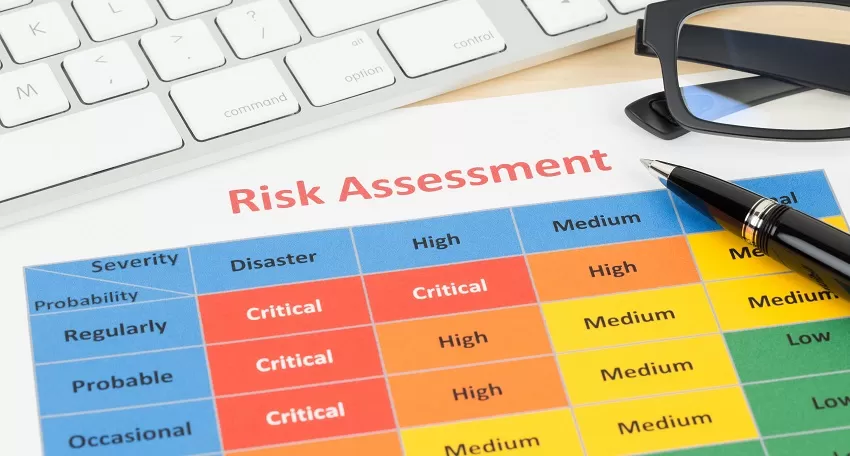When the customer asks you to describe your experience, what should you write about it?
- Should you describe the work you did?
- Should you describe the results you achieved?
- Should you talk about something else?
It turns out that when the customer asks for your experience, they could be could be asking for many different things.
Past performance
Past performance is something different from corporate experience. Past performance is a reference check to discover whether the customer was happy with your performance, with some additional information requested so they can determine if it is relevant to them. They often define relevance as size, scope, and complexity. So was it comparable in size, were the type and extent of the work similar, and was it just as complicated or difficult as what they need? They are not interested in your claims of greatness. It’s a reference check and they’ll check that for themselves. They do want to know whether the reference is for a project that is similar to theirs.
Sometimes customers ask for experience as a proof of capability. They know that companies will say anything about their capabilities to win a proposal. So a request for past performance is a reference check. And while, as they say in the stock market, “Past performance is no guarantee of future results,” it does demonstrate that at least you’ve done it before and presumably are capable of doing it again. It’s a more reliable indicator than a vendor’s claim of capability.
Corporate experience
Corporate experience is more broad than a reference check. It can be anything from a citation or anecdote, to a project description. Corporate experience opens up the discussion to projects that don’t have to be exact matches. Corporate experience can be meaningful if it demonstrates you have relevant resources, capabilities beyond what they’ve asked for, coverage of their requirements, or other beneficial considerations.
When the customer asks for your corporate experience with no further explanation, take a look at the evaluation criteria in the RFP and see what they are focusing on. Is it results? Is it relevance? Or knowledge, resources, staffing, innovation, or something else? What one customer might care about regarding your experience may be different from what the next customer cares about. Be very, very careful reusing your project descriptions.
When they ask about the experience of your staff, they are asking for whether they’ve ever done what they’ll be doing on the new project. They could be looking for proof of capability. Or they could be looking for insights and lessons learned. They could be looking for how they work and not just what they’ve done before. They could be trying to gauge whether they’ll speak the same language and what they’ll be like to work with. If they ask for a resume, they might be looking for something specific. So don’t assume that they just want a work history.
Making the evaluation objective
Customers struggle with comparing apples to apples and with justifying their decisions. So they frequently ask for things that are easy to evaluate, even though they have other concerns. For example, they might ask for your years of experience. That's nice, objective, and easy to evaluate. Unfortunately, it's also nearly meaningless. Just because the company did a project, doesn't mean that anyone involved in it will be involved in the new project. It doesn't mean that any of the policies, procedures, or information assets developed from the old project will transfer or even be relevant to the new project. So give them what they asked for. And do it well. But also address what they are really concerned about and what really matters to them.
Focus on getting the top score
You should always write about your experience so that the new customer will give you the best score. If you talk about the things you did but the new customer is more concerned with your ability to overcome the challenges and risks, you won’t get the best score. And vice versa. Just don’t assume that writing about experience is cut and dry — even if the RFP makes it seem so. If you think you know what "experience" is, there’s a good chance the customer is concerned about something else. So drop your preconceptions and discover what the customer is really looking for when they use the word “experience.”



Let's discuss it!
You can post now and register later. If you have an account, sign in now to post with your account.
Note: Your post will require moderator approval before it will be visible.